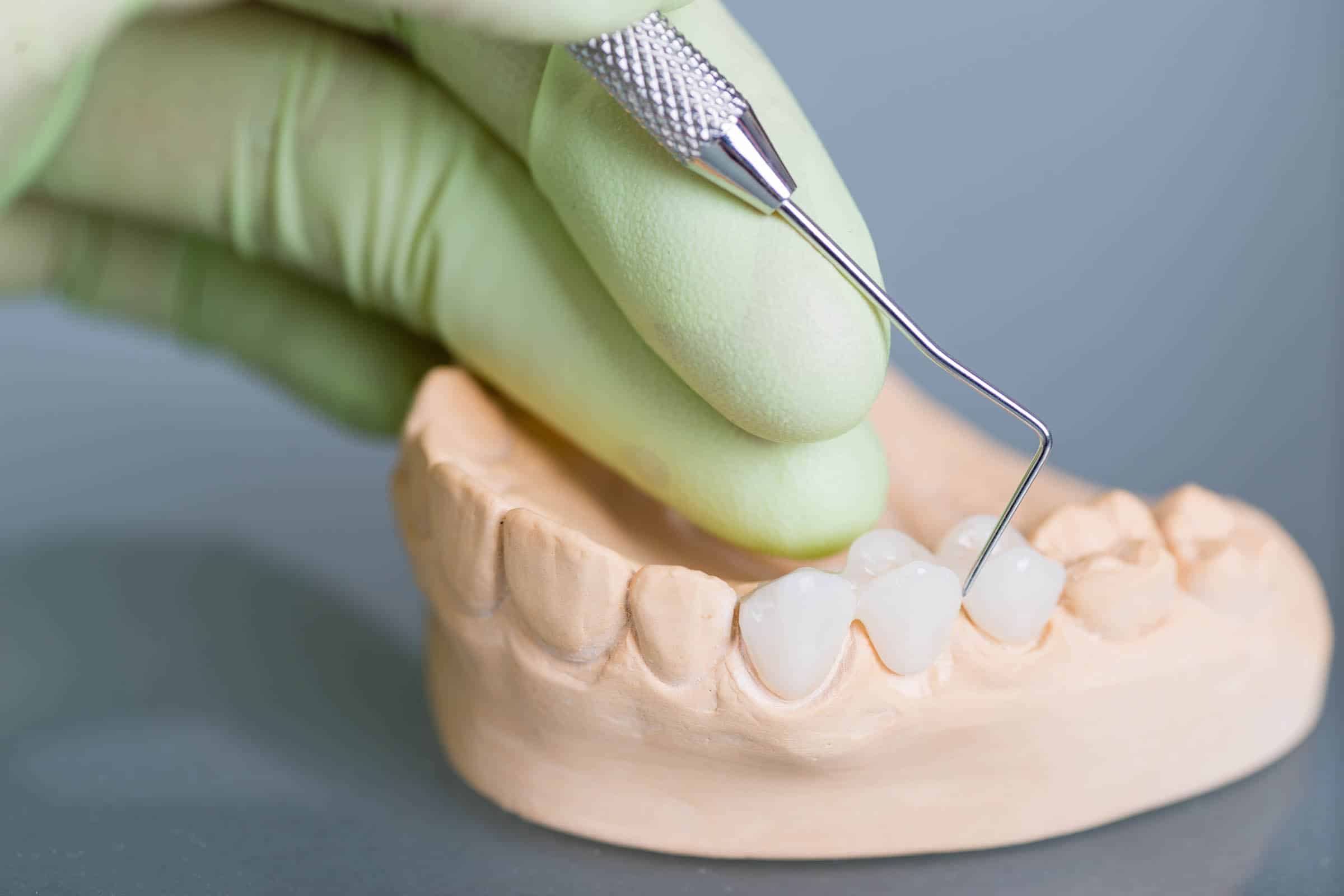Eating with Ease: How Dental Bridges Restore Chewing Functionality
Dental bridges are a common and effective solution for individuals with missing teeth. They not only improve the appearance of your smile but also play a crucial role in restoring chewing functionality. This blog explores how dental bridges help you eat with ease, the types of bridges available, and the benefits they offer for overall oral health.
Understanding Dental Bridges
Dental bridges consist of one or more artificial teeth (pontics) that fill the gap left by missing teeth. These pontics are anchored in place by crowns placed on the adjacent teeth, known as abutment teeth. There are several types of dental bridges, each tailored to meet different needs:
Traditional Bridges: These are the most common type, involving one or more pontics held in place by crowns on the abutment teeth.
Cantilever Bridges: Used when there is only one adjacent tooth next to the gap. The pontic is anchored by a single crown on the abutment tooth.
Maryland Bridges: These use a metal or porcelain framework bonded to the back of the adjacent teeth, rather than crowns.
Implant-Supported Bridges: These are supported by dental implants rather than natural teeth, providing a more stable and durable solution.
Restoring Chewing Functionality
Chewing functionality is essential for proper digestion and overall health. Missing teeth can make chewing difficult, leading to problems with nutrition and digestive issues. Dental bridges restore this functionality in several ways:
Redistributing Bite Force
When you lose a tooth, the bite force is unevenly distributed, which can lead to increased wear and tear on the remaining teeth. Dental bridges help redistribute the bite force evenly across the teeth, preventing excessive pressure on any single tooth and reducing the risk of damage.
Preventing Shifting of Teeth
Missing teeth can cause the surrounding teeth to shift out of their natural position, leading to bite problems and difficulties in chewing. Dental bridges fill the gap, preventing adjacent teeth from moving and maintaining the alignment of your teeth.
Enhancing Stability
A stable bite is crucial for effective chewing. Dental bridges provide the necessary stability by anchoring the artificial teeth to the abutment teeth. This stability ensures that you can chew food efficiently without discomfort or difficulty.
Benefits of Dental Bridges for Chewing
Restoring chewing functionality with dental bridges offers numerous benefits, including:
Improved Nutrition
With dental bridges, you can chew a wide variety of foods, including fruits, vegetables, and lean proteins, which are essential for a balanced diet. This improves your overall nutrition and health.
Enhanced Digestion
Proper chewing is the first step in the digestive process. Dental bridges allow you to break down food more effectively, aiding in better digestion and nutrient absorption.
Reduced Risk of Further Oral Health Issues
By restoring the ability to chew properly, dental bridges help prevent other oral health issues such as tooth decay, gum disease, and additional tooth loss. They also reduce the risk of temporomandibular joint (TMJ) disorders that can result from an uneven bite.
Caring for Your Dental Bridge
To maintain the benefits of your dental bridge, proper care and maintenance are essential:
Daily Oral Hygiene
Brush your teeth at least twice a day and floss daily, paying special attention to the area around the bridge. Use a floss threader or special bridge floss to clean underneath the pontic.
Regular Dental Check-Ups
Visit your dentist regularly for check-ups and professional cleanings. These visits allow your dentist to monitor the condition of your bridge and ensure your oral health remains optimal.
Avoiding Hard and Sticky Foods
While dental bridges are durable, it’s best to avoid foods that can damage them, such as hard candies, nuts, and sticky substances like caramel.
Local Considerations
Residents of Edmonton, Canada, can benefit from the expertise of local dental professionals. Factors such as local diet, lifestyle, and environmental conditions can influence oral health. It’s important to consult with a dentist who understands these local considerations and can provide personalized care.
Dental bridges play a vital role in restoring chewing functionality for individuals with missing teeth. By redistributing bite force, preventing the shifting of teeth, and enhancing stability, bridges allow for efficient and comfortable chewing. This not only improves nutrition and digestion but also reduces the risk of further oral health issues.
About Dr. Molly Rodgers Dental
Dr. Molly Rodgers Dental, located in Edmonton, Canada, offers comprehensive dental services, including the placement and maintenance of dental bridges. The team at Dr. Molly Rodgers Dental is dedicated to helping patients achieve optimal oral health and restoring the functionality of their teeth. With personalized care and advanced dental solutions, Dr. Molly Rodgers and her team ensure that you can eat with ease and maintain a healthy smile. Schedule a consultation today to learn more about how dental bridges can benefit you.

